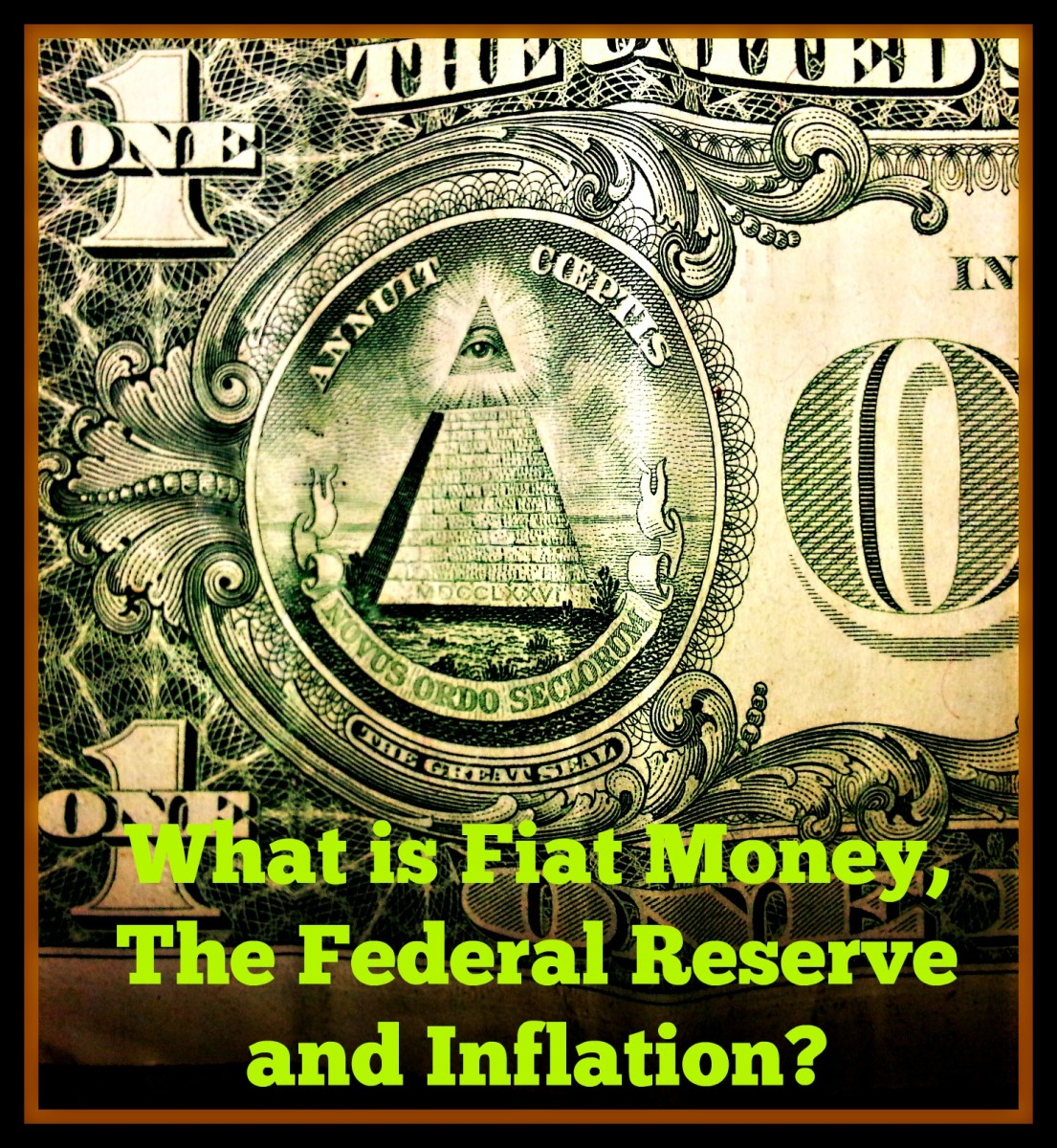The Love of Money, Source of Modern Woes
Money is attractive for lots of reasons, which is why we want it.









As a nation and people, we have become money obsessed
“For the love of money is the root of all evil: which while some coveted after, they have erred from the faith, and pierced themselves through with many sorrows.” 1 Timothy 6:10
As a society, we are money obsessed and yet money is just a medium of exchange; as Marx defined, the universal commodity. From the top on down to the homeless on the street, we worship the fetish that money has become, what it can do for us and how it runs and ruins lives at all levels. Money is the latter day god of our society and lives. The bourgeoisie are the epitome of the money order of society and how that society is organized to percolate all real value from the bottom line producer to the top of the capitalist pyramid. This is by no means a new problem. The process of swindling others individually and en masse is as old as civilization itself. The fact that Julius Caesar was assassinated was over the correcting of money corruption. According to the gospels, Jesus revolted against money changing-usury of his day and paid with his life. Modern day politics functions in just the same way whether religious or secular. Even within the Catholic Church, there are money scandals and what is now believed to be behind the assassination of Pope Jean-Paul I over a money scam. Nor is this the only example in the Catholic sphere. We need only look at what happened to the Knights Templar and the Protestant Revolution to see more of this. Big capitalists, obsessed with profit and money gathering are not immune from this as well as we see scandal after scandal about one prominent company and another being rapped and fined by the courts over lies, cheating, false claims and a host of other issues that are revealed on the daily news. This lust for wealth has been programmed into virtually everyone from birth until we wake up and see just how money obsessed almost all of us are at every level of society, as if money were the only answer to every need and problem. The lowest worker on the capitalist pyramid to the wealthiest CEO has in common the lust for money. This has caused a lot of sorrow for those on the bottom who don't have enough, to those on the top who have to protect far too much.
There is much being stated about what to do about poverty, but the street level view shows that the situation is gradually, sometimes quickly getting worse due to factors like inflation, increasing joblessness, overcrowding and shrinking real resources. This drives an increase in lust and tight fistedness as far as money resources are concerned. Resources can be shared because we see periodic crises of overproduction in the capitalist world. It is just a matter of adopting a different understanding, view and action. So it is not a shortage of resources so much as mismanagement and anarchy in handling and production from the top down. There is little or no input in this from the bottom, where contact with production is direct. This causes periodic meltdowns along with all the multitude of swindles that go on, resulting in the manipulation of the working class that sees the collapse and lowering of wages and benefits. This causes desperation and increased desire for money. All the extra hard work results in even more overproduction. When this ceases, prices go up and chaos ensues. A lot of misery is created.
What is more, the development and use of fractional reserve banking has led to a bottomless crisis of woe. What this mean is that for a fraction of real value, a lot can be borrowed against the fraction in the bank as collateral. That fraction may be nothing more than a floating currency deposit in that bank. On this the bank may lend out ten times as much as there is in account. When the monetary collateral, which is just really a number in a bank ledger, is not tied to anything like real collateral, such as gold reserves or some other real value like machinery in a factory, then the potential for trouble is enormous, especially if the loan has to be recalled and the one who has the loan can't pay it. The banks take this risk, because they charge interest on the loan and can stand to make a lot of money out of thin air by making the one who owes, pay more than he borrowed. Depending on what the bank sees as the risk tied to the loan, is the amount of interest that is charged. The higher risk loan to the poor worker is charged at higher interest than the rich industrialist who has real collateral in the form of the means of production. The industrialist who has real collateral gets a low interest loan based on this. Part of the problem with the sub-prime crisis was too many high risk loans on an adjustable rate of interest. When the holder of the loan could not keep up with increasing interest and rising payments, a default occurred with the end of foreclosure. The bank wound up with a loss and what became known as “toxic assets” simply because of a glut and a lack of a replacement market. This was one of the results of deregulated fractional reserve banking that could not cover the real value with the meager in comparison funds held as collateral.
The ancients were already aware of these types of things and passed down knowledge to posterity, so that we build on it like Hegel and Marx did. The ancients already knew that there were alternatives to money, something that we have almost entirely forgotten. Every shift in the economy, in politics and nature only serves to drive the truth home. The decent thing to do is to share the world’s resources, but we have drifted far from that in the mad din to enrich ourselves with the illusory gains of fictitious value, making it the god of our lives instead of the sacredness of life itself in the material cosmos.
“But whoso hath this world’s good, and seeth his brother have need, and shutteth up his bowels of compassion from him, how dwelleth the love of God in him?” 1 John 3:17
Bank of America gets some karma
- Bank of America Gets Foreclosed
A couple turns the tables on the mega-bank and in the process shows just how corrupt our banking institutions are.








